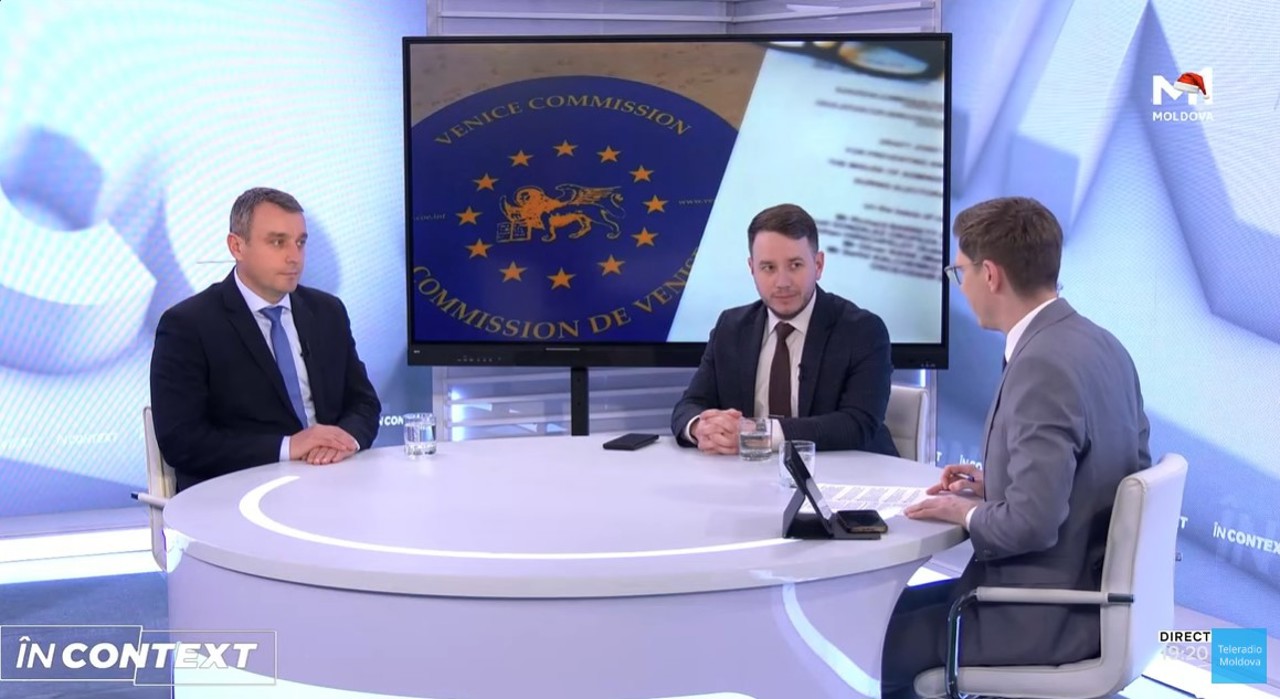August 1989: Bessarabia celebrates language and cultural renewal
The return to the Latin alphabet on August 31, 1989, driven by the national revival movement, was a major focus in the press 35 years ago.

Editorials reported on the start of the Supreme Soviet session, which was set to review the new language legislation. This legislation was celebrated as a significant victory for the people. Newspapers expressed hope that a consensus would be reached and that the injustices overshadowing Bessarabia for decades would be addressed, thus restoring the historical name of the people and their language. Cristina Prisacari examines how the events of August 1989 were covered by the media of the time.
The Writers' Union weekly, Literature and Art, which played a significant role in the late 1980s in promoting national values, the Romanian language, and the rights of Romanians in Bessarabia, reported on August 31, 1989, about the events and opinions regarding the first set of legislation on language use in the still-unified Republic.
On that day, the newspaper headlined "The Astral Hour of the Nation," an event Boris Vieru, the report’s author, considered grand and uplifting. Vieru reported that "the entire Romanian population between the Prut and the Dniester awaited with great hope the draft laws concerning our language, which were to be discussed at the Supreme Soviet session of the republic. The very creation of these laws constitutes a supreme act of will and national consciousness of our people," the journalist emphasised. According to him, the Great National Assembly gave a clear response by adopting a call to the Supreme Soviet session of the MSSR.
In another article titled "The Day That Will Illuminate a Century," the newspaper included the resolution adopted by the Great National Assembly on August 27, which requested the adoption of a new state language and the switch to the Latin alphabet, along with the speeches delivered at the Assembly.
On August 29, 1989, another newspaper, Tinerimea Moldovei, published a report from the first Great National Assembly, where a different state language and Latin alphabet were requested, under the headline "A Bright Day of Dignity." The report noted, "Perhaps, in the years to come, August 27, 1989, will become a day of celebration and devotion to light and dignity. For now, the sky adorns it from early morning with the ozone of a rain without lightning or thunder, then letting the sun bless the sea of people," wrote the publication's reporters.
Following the Great National Assembly, the publication reported that, two days later, on August 29, 1989, the XIIIth session of the Supreme Soviet of the MSSR began. Despite intense debates with opponents in the Supreme Soviet, Moldovan was adopted as the state language, and the transition to the Latin alphabet was approved. The most heated discussions occurred on August 31, when most of the legislation concerning the state language and alphabet was voted on.
In the "Bessarabians' Hour" column, the editorial correspondent noted that the late August event "showed all people of good faith, who live in the Mioritic land, that the hour of awakening for Bessarabians has arrived and thus revives the spirit of Eminescu's people."
The legislative drafts concerning the return to the Moldovan language and Latin script were also published in Moldova Socialistă, which was then the official publication of the Central Committee of the Communist Party of Moldova. It reported that during the hot days of August, Chișinău became "a political and spiritual Mecca" and praised August 31, when the long-awaited peak for Bessarabians was reached, "the truth is placed in its historical context, but venomous voices attempt to accuse the Parliament of people-phobia," remarked the author.
"An Injustice Has Been Eliminated" was the title of another article published on August 27, 1989. Rural residents interviewed by the publication’s reporter expressed satisfaction that the modification of the linguistic legislation was addressing an injustice that had persisted for four decades.
The Great National Assembly, transformed into a celebration of freedom, was also covered by the thematic publication Public Education. Educational staff, particularly from rural communities, were eager to learn Romanian. To facilitate this, village teachers requested Romanian language textbooks, courses, and conversation guides. Journalists and collaborators of the publication extensively covered the training needs of educators, as the return to the Latin script necessitated new teaching methods. Consequently, discussions were held on organising a methodological centre where cooperatives would send rigorously selected employees to develop their teaching skills.
Translation by Iurie Tataru




